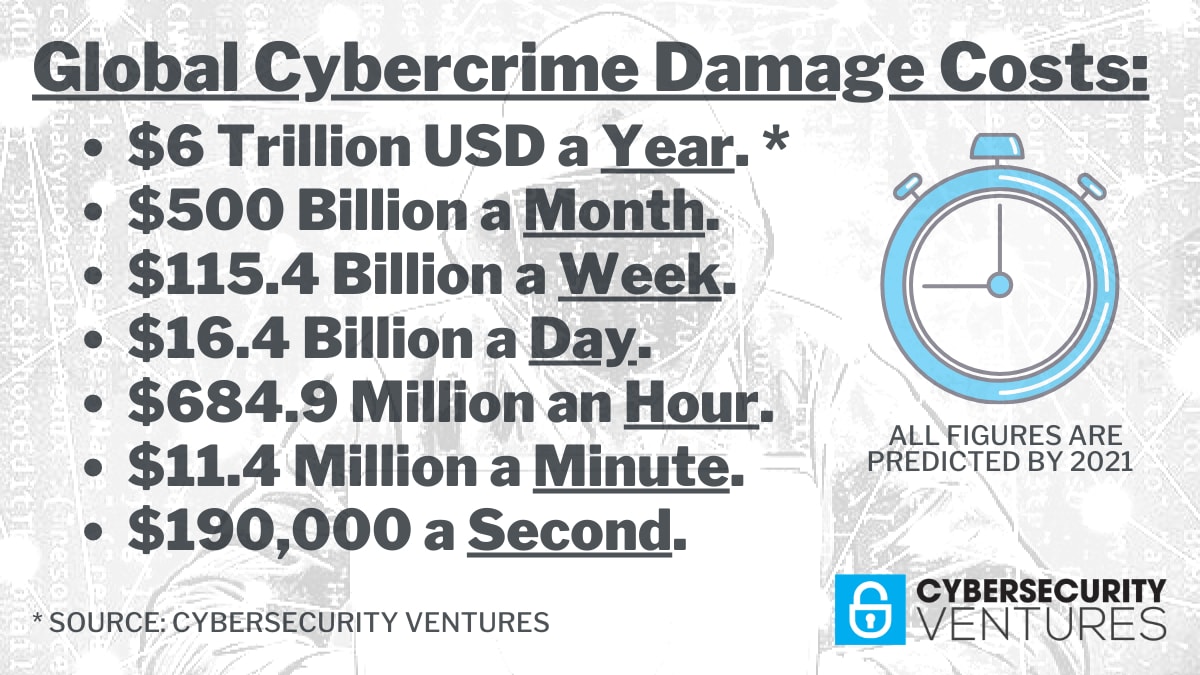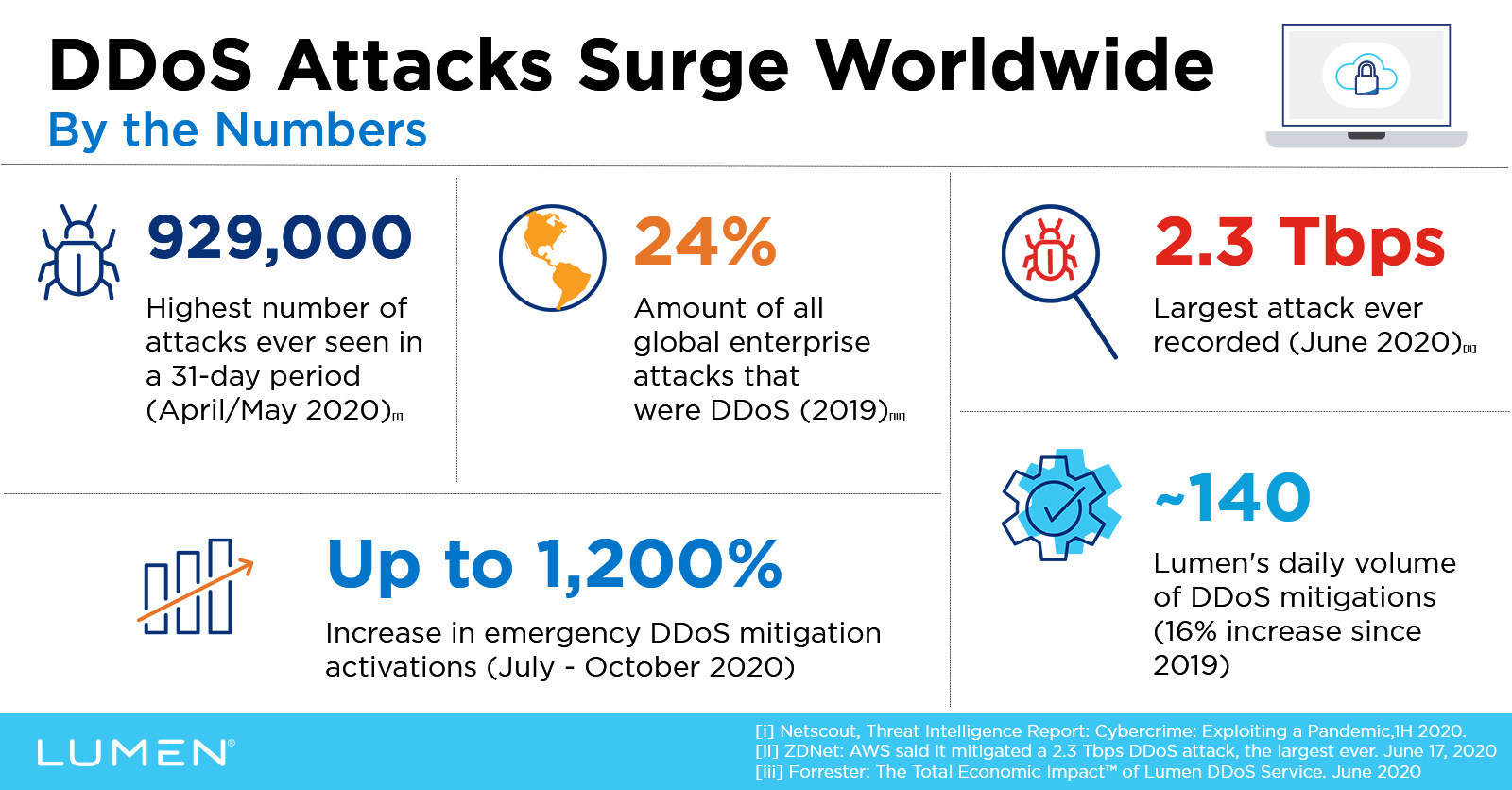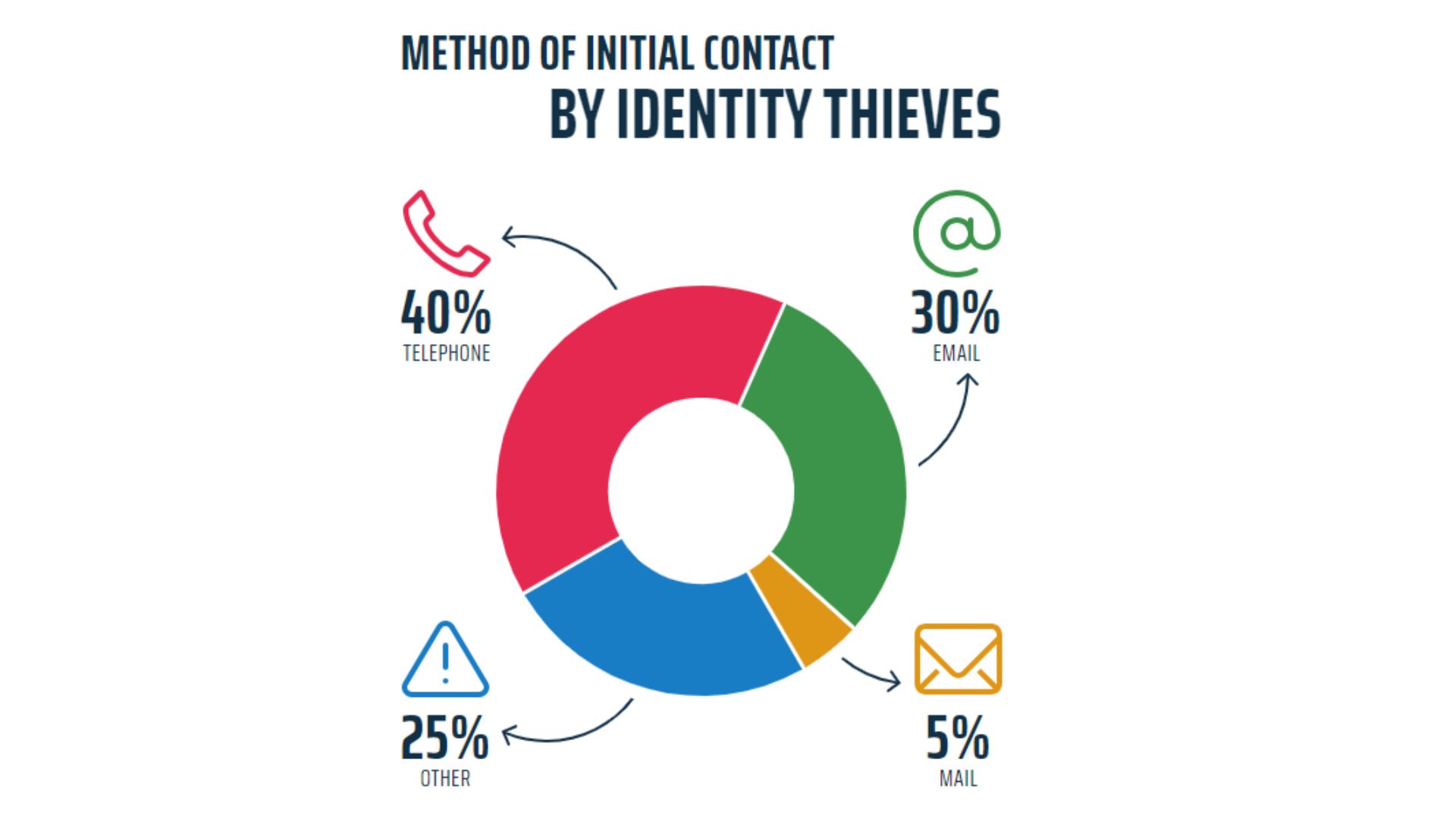Get the Latest on Global Cyber Warfare News
Cyber warfare involves conflicts fought in the digital realm rather than on traditional battlefields. Countries, organizations, or individuals use computer-based attacks to disrupt or damage their adversaries’ information systems. This can include stealing sensitive data, causing system outages, or spreading malware. Cyber warfare is becoming more significant as societies grow increasingly dependent on digital technologies.
In the past, warfare was primarily about physical combat. Today, a significant part of warfare happens online. Attacks can be launched from anywhere in the world, making it harder to trace and prevent them. Governments and businesses need to be vigilant about cybersecurity to protect their systems and data.
Understanding cyber warfare is crucial because it affects everyone. When cyber-attacks occur, they can disrupt essential services like banking, healthcare, and communications. Keeping up with the latest news on cyber warfare helps individuals and organizations stay informed about potential threats and the measures being taken to counteract them.
Key Players in Cyber Warfare
In cyber warfare, several key players are involved. These include nation-states, hacker groups, and cybercriminals. Nation-states often engage in cyber warfare to gain strategic advantages or to disrupt their enemies. Countries like the United States, China, Russia, and North Korea are known for their cyber capabilities. They use sophisticated tools and tactics to conduct cyber espionage, sabotage, or theft.
Hacker groups, sometimes associated with specific countries, also play a significant role. These groups are skilled in breaching systems and may work for political or financial motives. Some hacker groups operate independently and target high-profile individuals or organizations to make a statement or gain financial benefits.
Cybercriminals are individuals or groups who engage in cyber-attacks for financial gain. They may use ransomware, phishing, or other tactics to steal money or sensitive information from victims. Their activities can sometimes blur the lines between conventional crime and cyber warfare.
Recent Global Cyber Warfare Incidents
Recent global incidents highlight the growing importance of cybersecurity. For example, in 2023, a major ransomware attack targeted several large corporations, causing significant disruptions to their operations. This attack demonstrated how vulnerable critical infrastructure can be to cyber threats.
Another notable incident involved a cyber-espionage campaign that compromised the systems of various government agencies. This breach allowed attackers to access confidential information, raising concerns about national security and the integrity of government operations.
Tracking these incidents helps individuals and organizations understand current threats and the tactics used by attackers. It also underscores the need for robust cybersecurity measures to protect against such threats.
How Governments are Responding
Governments worldwide are taking various steps to address the challenges posed by cyber warfare. Many are investing in advanced cybersecurity technologies and developing strategies to protect their critical infrastructure. They are also working to strengthen international cooperation to combat cyber threats.
For instance, countries are creating specialized units within their military and intelligence agencies to focus on cyber operations. These units work to defend against attacks, conduct offensive operations, and gather intelligence on potential threats.
Governments are also implementing policies and regulations to enhance cybersecurity. These measures include setting standards for protecting sensitive information, encouraging businesses to improve their security practices, and promoting public awareness about cyber threats.
How Individuals Can Stay Informed
Staying informed about global cyber warfare news is essential for protecting oneself from potential threats. Individuals can follow reliable news sources, subscribe to cybersecurity newsletters, and participate in online forums to get the latest updates.
Educational resources are also available for those interested in learning more about cybersecurity. Many organizations offer courses and webinars that cover topics like safe online practices, identifying phishing scams, and protecting personal information.
By staying informed, individuals can better understand the risks associated with cyber warfare and take steps to safeguard their personal and professional data. This proactive approach helps mitigate the impact of cyber threats and contributes to overall cybersecurity efforts.
Emerging Trends in Cyber Warfare
The landscape of cyber warfare is constantly evolving as technology advances. Emerging trends include the use of artificial intelligence (AI) and machine learning by both attackers and defenders. AI can be used to create more sophisticated malware or to automate cyber-attacks, making them harder to detect and counter. On the flip side, AI is also being used to improve cybersecurity defenses by analyzing vast amounts of data to identify potential threats more quickly.
Another trend is the increasing targeting of critical infrastructure. Cyber-attacks on power grids, water supplies, and transportation systems can have devastating effects on societies. These types of attacks are becoming more common as nations seek to disrupt the daily lives of their adversaries or cause economic damage.
Additionally, there is a growing concern about the security of emerging technologies like the Internet of Things (IoT). As more devices become connected, they create more potential entry points for cyber-attacks. Ensuring the security of these devices is becoming a critical focus for both security experts and manufacturers.
The Role of Cybersecurity Companies

Cybersecurity companies play a crucial role in the fight against cyber warfare. These companies provide a range of services, including threat detection, incident response, and security consulting. They help organizations protect their networks, respond to attacks, and recover from breaches.
Leading cybersecurity firms often employ cutting-edge technologies and maintain teams of skilled professionals who specialize in various aspects of cybersecurity. They conduct regular security assessments, provide training, and offer solutions to mitigate risks.
By working with cybersecurity companies, organizations can improve their defenses and stay ahead of emerging threats. These companies also contribute to global cybersecurity efforts by sharing information about threats and vulnerabilities, which helps to strengthen collective defenses.
Impact on Businesses and Organizations
Cyber warfare can have significant impacts on businesses and organizations. A successful cyber-attack can lead to financial losses, damage to reputation, and legal consequences. For instance, a data breach can result in the loss of sensitive customer information, leading to costly lawsuits and loss of trust.
Businesses must invest in cybersecurity measures to protect their assets. This includes implementing strong security protocols, conducting regular security audits, and training employees to recognize and respond to cyber threats. Companies also need to have incident response plans in place to manage and mitigate the effects of an attack.
The growing threat of cyber warfare highlights the importance of cybersecurity as a critical component of business strategy. Organizations that prioritize cybersecurity are better equipped to handle potential threats and minimize their impact.



